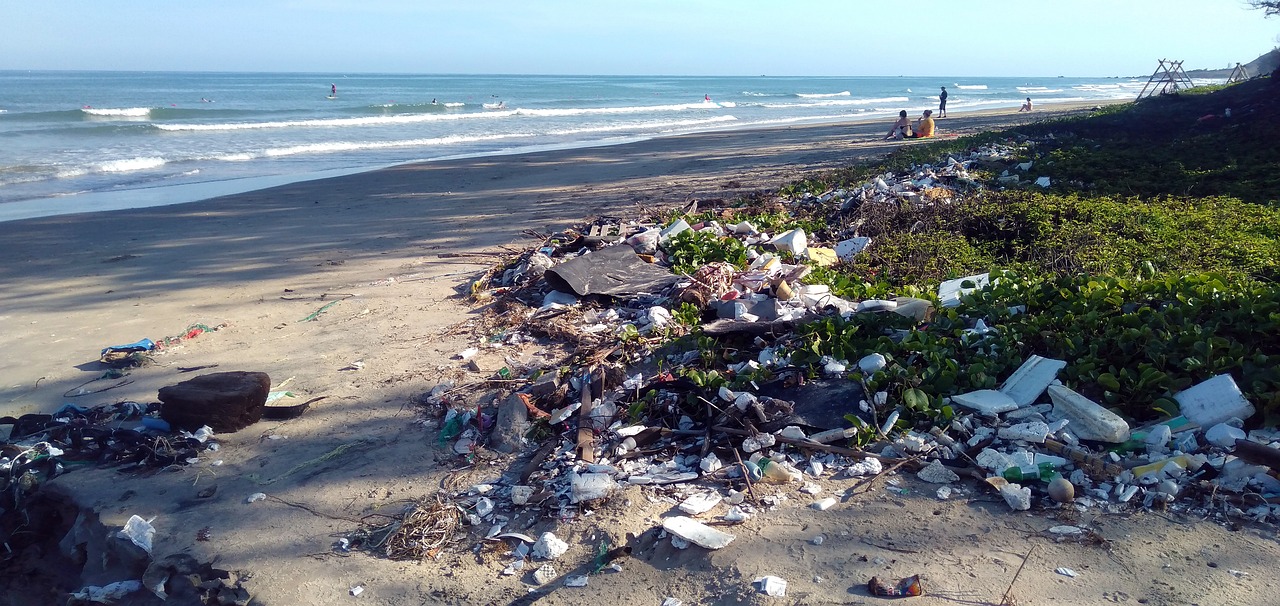New policy brief: Fair and inclusive Extended Producer Responsibility (EPR) in the Global South

Image by Sergei Tokmakov, Esq. https://Terms.Law from Pixabay
This IKHAPP policy brief (IKHAPP,2024)¹ draws on existing knowledge and perspectives on the challenges and opportunities for fair and inclusive EPR schemes in the Global South, including a webinar organized by IKHAPP-partners GRID-Arendal and NIVA. Read more about the webinar or watch the recording here.
EPR is a cross-cutting issue that spans the entire plastics lifecycle. As such, fair and inclusive EPR must be integrated with other provisions and obligations of the plastics treaty, encompassing waste management, sustainability, just transition, and means and measures of implementation.
The Zero Draft and subsequent revisions of the global plastics treaty have outlined potential options for EPR. The discussions have emphasized a just transition for waste pickers and other Informal Recycling Sector (IRS) workers, highlighting the necessity of integrating these workers into EPR and waste management systems. As the fourth meeting of the intergovernmental negotiating committee (INC-4) kicks off in Ottawa, Canada, next week, these discussions will be particularly relevant. Contributing author, Emmy Nøklebye (NIVA) will participate and share her insights in the side-event “Asia in Focus: Multi-Stakeholder Knowledge Sharing on Plastic Initiatives”, organized by the Ministry of Environment of Japan, ERIA, and IGES, in partnership with OECD, IUCN and NIVA at the margins of INC-4.
The policy brief is part of IKHAPP under the ‘Asian Scientific Alliance for Plastic Pollution and Value Network Management’ (ASAP) project, funded by the Norwegian Research Council, and supported by the GIZ project ‘Reduce, Reuse and Recycle to Protect the Marine Environment and Coral Reefs” (3RproMar)’ as well as the ‘India-Norway cooperation project on capacity building for reducing plastic and chemical pollution in India’ (INOPOL) funded by the Royal Norwegian Embassy in New Delhi.
Read the policy brief here.
¹IKHAPP, 2024. Policy Brief: Fair and inclusive EPR in the Global South.